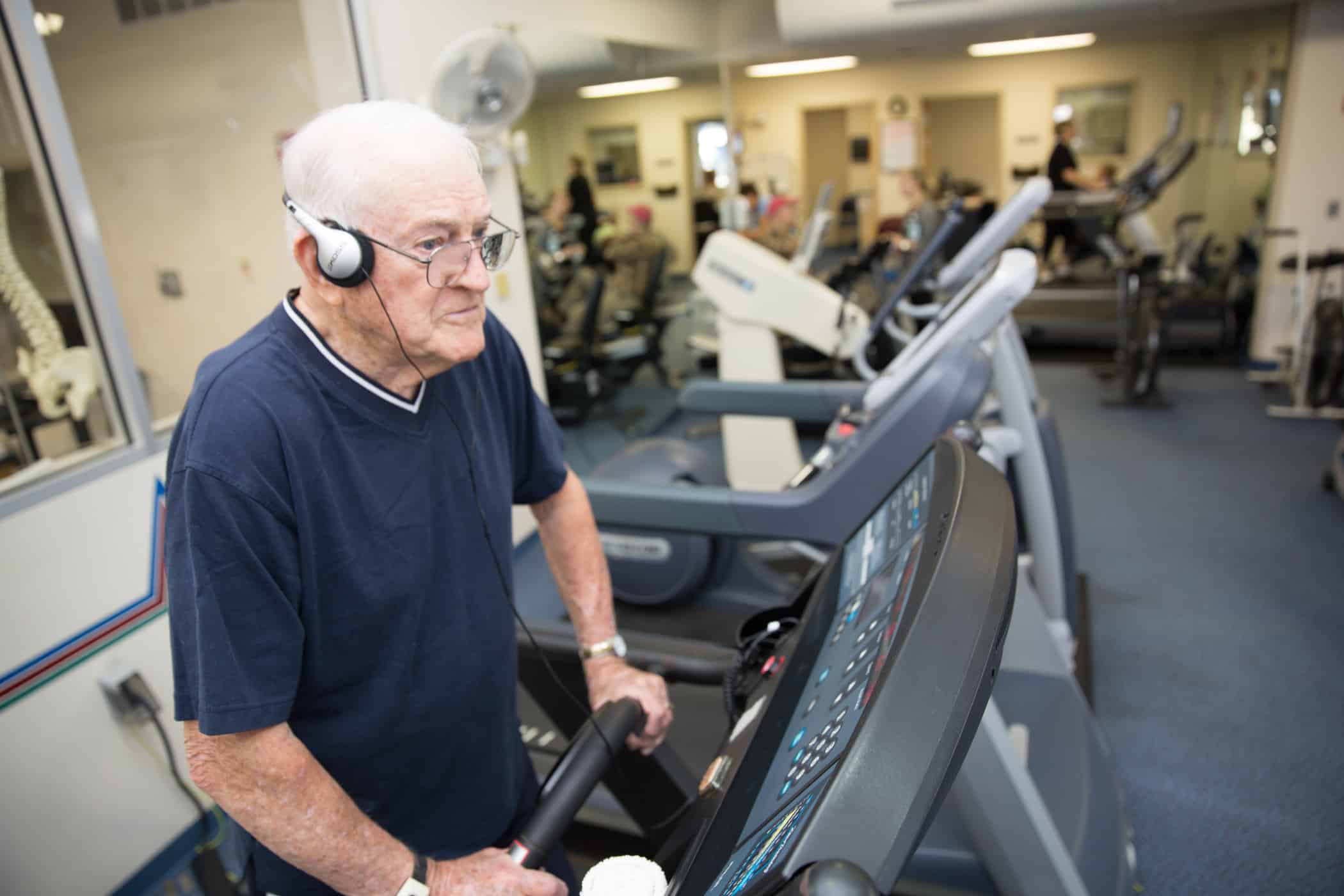There are key factors that impact heart health that everyone needs to be aware of to maintain a healthy cardiovascular system. These include monitoring blood pressure, knowing your cholesterol and getting enough exercise.
High blood pressure, also referred to as hypertension, occurs when the pressure of blood flowing through your blood vessels is consistently too high. According to the American Heart Association, nearly half of American adults have high blood pressure and many do not even know it.
Dr. Blase A. Carabello, chief of cardiology, Brody School of Medicine at ECU and ECU Health Medical Center, said, “High blood pressure is often a symptomless ‘silent killer’ because there are often no noticeable symptoms that accompany this condition. The best way to know if your blood pressure is in a healthy range is to get your blood pressure checked and monitor your blood pressure numbers regularly.”
Cholesterol levels can play a key role in heart health. It comes from two sources: the liver, which makes all the cholesterol you need, and the rest comes from foods from animals. Cholesterol circulates in the blood and as the amount of it increases in your blood, so too does the risk of cardiovascular diseases such as heart disease and stroke. When it comes to cholesterol, remember to check, change and control.
Another key factor influencing heart health is atrial fibrillation or “afib,” a quivering or irregular heartbeat that can lead to blood clots, stroke and heart failure and a shortened life span. Typically, people who have one or more conditions including high blood pressure, sleep apnea, underlying heart disease, and other chronic conditions including thyroid problems, diabetes and asthma may be at risk for atrial fibrillation. However, the single most important modifiable risk factor for afib is obesity.
The treatment goals of atrial fibrillation begin with diagnosis through in-depth examination from a physician. Based upon the diagnosis, providers may offer a variety of options including medication that usually entails the use of blood thinners, nonsurgical procedures, including electrical cardioversion to reset the heart to a normal rhythm and procedures that can block the area of the heart where blood clots form if patients are unable to take blood thinners.
“Being proactive about your heart health is the best way to be aware of potential problems,” said Dr. Carabello. “Eating a healthy diet, maintaining a healthy weight and being physically active can make a positive impact on blood pressure, cholesterol and atrial fibrillation, which will help maintain good heart health. Also, seeing your provider for screenings and check-ups is key to preventing problems before they arise.”
Even though the pandemic continues to make an impact on daily life in eastern North Carolina, Dr. Carabello encourages community members to continue to seek medical attention and to be knowledgeable about the procedures in place to make patients as safe as possible.
He said, “Heart disease did not take a break during the pandemic and any negative heart condition needs to be addressed in its earliest stages when the widest variety of treatments are available.”
For those who have experienced a major cardiac event, Vidant offers a Cardiovascular and Pulmonary Rehabilitation Program to help create a path forward. A team of respiratory therapists, registered nurses, exercise professionals, dietitians and a medical director guide patients through a program focused on exercise, nutrition and behavior modification to prepare and equip those in the program to continue physical activity and healthy lifestyle changes.
For more information about cardiovascular resources at Vidant Health, including treatments, screenings and technologies, visit VidantHealth.com/Heart-Vascular.
